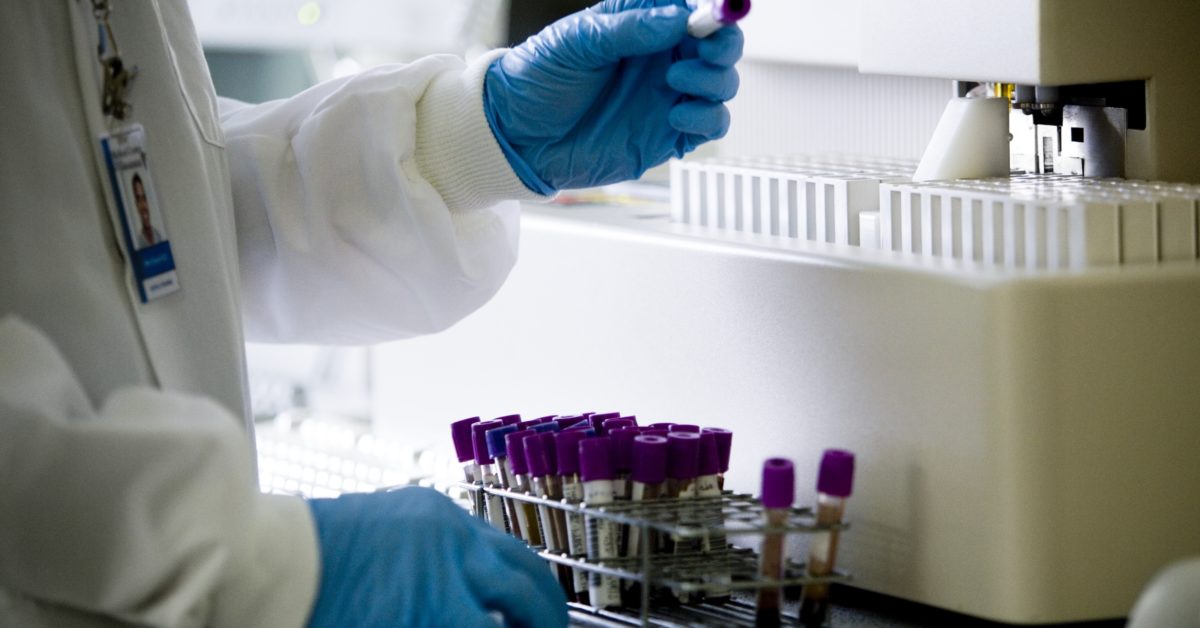High levels of the protein suPAR in the blood of a person with COVID-19 may be a predictor of a more severe disease course.

A new study suggests that the protein soluble urokinase plasminogen activator receptor (suPAR) may help scientists predict who is likely to develop more severe COVID-19.
The research, published as a research letter in the journal Critical Care, may help clinicians identify people who are more likely to need intensive care support. It may also help them identify those who can safely manage the disease at home.
The sudden emergence and rapid spread of SARS-CoV-2, the virus that causes COVID-19, has put health services across the world at risk of being overwhelmed.
Patients who develop a severe infection of COVID-19 will often experience forms of respiratory failure, which, in turn, puts pressure on intensive care units (ICU).
Easing this pressure has been central to the responses of different governments. This has become known as “flattening the curve.”
If too many people require intensive care treatment in too short a time, ICUs might become overwhelmed and unable to care for all patients.
This is not only dangerous for the health of people with COVID-19 but for those with other illnesses who need treatment in an ICU.
Flattening the curve has predominantly occurred through social distancing measures. However, scientists have been investigating which instances of COVID-19 may become more severe.
If they can identify effective ways of predicting disease severity, then people who are likely to need intensive care support can stay in the hospital and potentially start receiving treatment.
Conversely, doctors can send those who are not likely to develop a severe case of the disease home. These people can then manage the disease through self-care, wh

